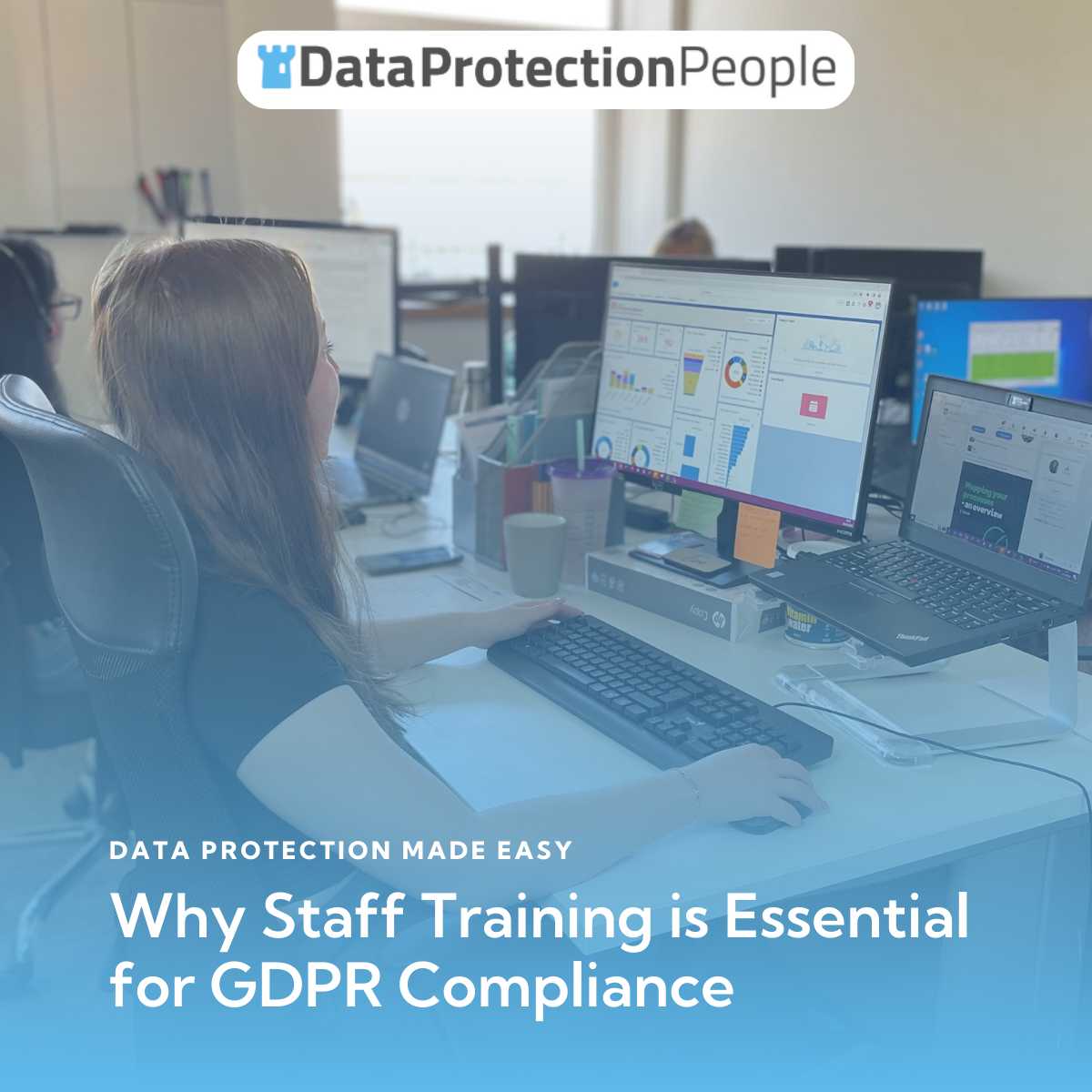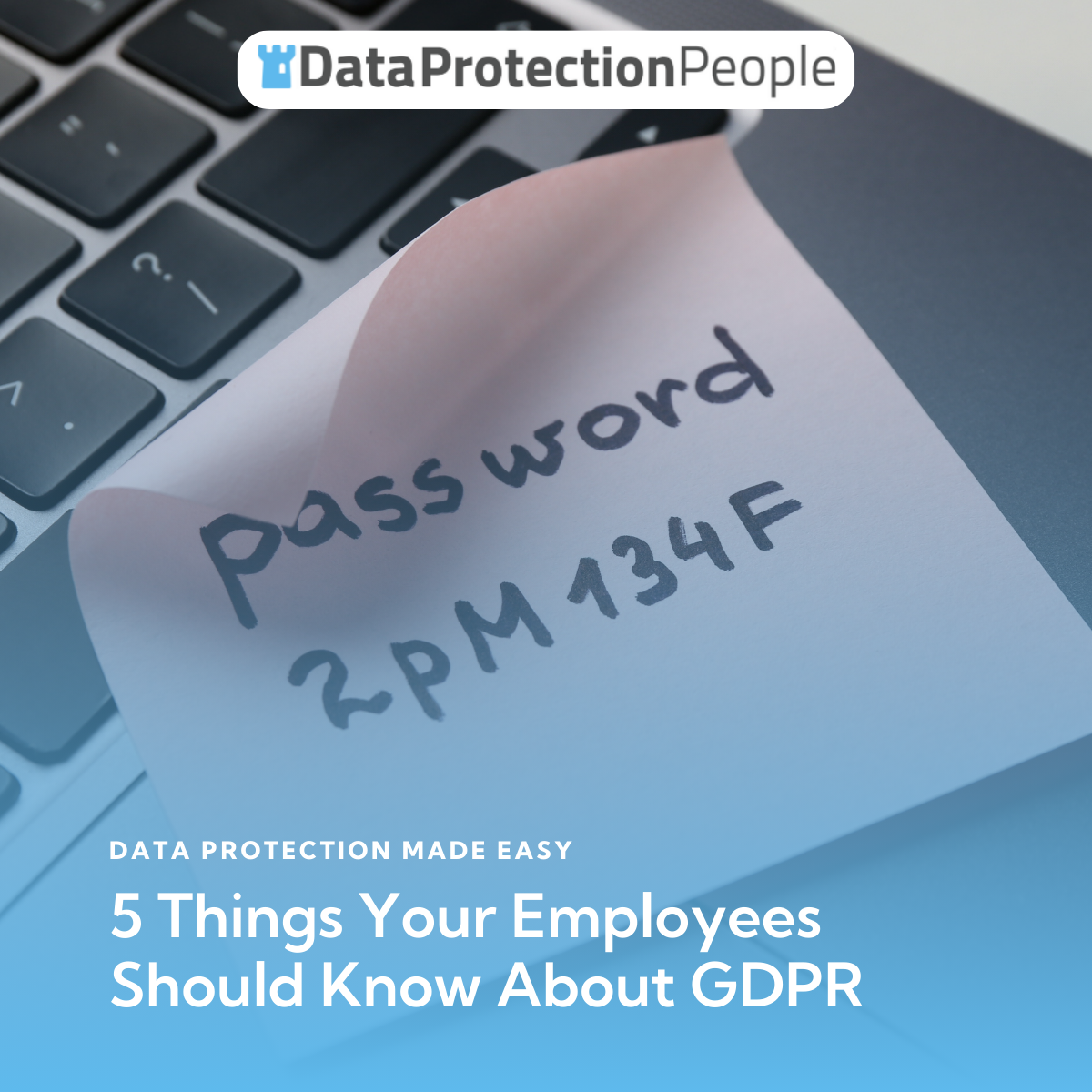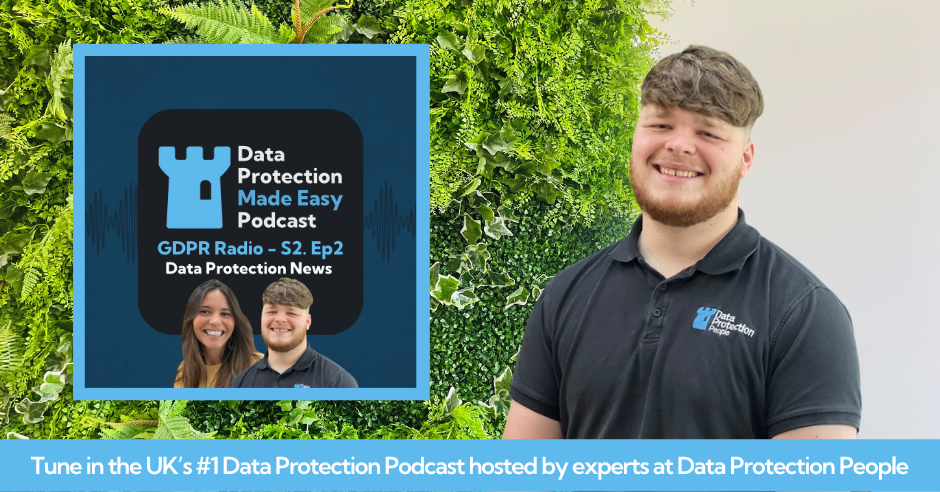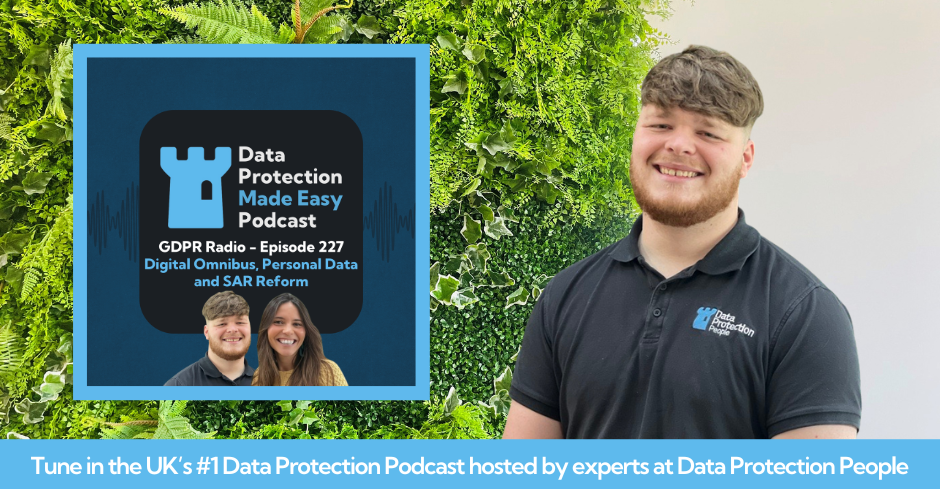Data Protection in the Sporting Industry
Professional sport is built on performance, trust and loyalty, both on and off the field. Behind the scenes, however, modern sporting organisations are responsible for managing significant volumes of personal data belonging to players, staff, supporters, partners and wider communities. From ticketing systems and membership databases to athlete performance analytics and safeguarding records, the scope of personal data processed across the sporting sector continues to grow year on year.
In my role as Sales Team Leader at Data Protection People, and as someone with a genuine passion for professional sport, I have had the opportunity to work alongside specialist consultants to support organisations across the sector in strengthening their approach to data protection. Over the past few years, we have worked with an impressive portfolio of clients including Leeds United, England Netball, the RFU, Formula One affiliated organisations, and sports software providers such as Goodform.
Through these engagements, a number of consistent trends have emerged.
Increasing Volumes of Personal Data
Sporting organisations are now operating in highly digitised environments. Matchday ticketing, fan engagement platforms, biometric athlete monitoring, media accreditation, safeguarding responsibilities and commercial partnerships all rely on the collection and processing of personal data.
For many organisations, this has resulted in a shift from relatively simple data processing activities to far more complex ecosystems involving:
- Third party ticketing providers
- Performance analytics platforms
- Medical and rehabilitation records
- Recruitment and scouting databases
- Sponsorship and commercial partner integrations
- Community engagement and grassroots initiatives
With this increased complexity comes increased responsibility, particularly where sensitive or special category data is concerned.
Lessons from Recent Incidents
Over the last 12 months, the UK football landscape has seen a number of high profile cyber and data related incidents that demonstrate the risks facing sporting organisations.
Clubs across both the Premier League and English Football League have reported attempted phishing campaigns targeting staff email accounts, with attackers seeking access to internal communications and commercially sensitive information. In several cases, compromised credentials have resulted in unauthorised access to systems containing player and staff data.
Elsewhere, vulnerabilities within third party platforms used for fan engagement and online ticketing have exposed personal details including names, email addresses and purchase histories. While not always resulting in confirmed breaches, these incidents highlight the potential risks to supporters and the reputational impact that can follow.
For data subjects, these types of events can increase the risk of identity theft, targeted scams and misuse of personal information. For organisations, they reinforce the need for clear governance, supplier due diligence and robust internal processes.
The Rise of Outsourced DPO Support
One of the most common requirements we are seeing across the sporting sector is the need for independent oversight through an Outsourced Data Protection Officer.
Many clubs and governing bodies simply do not have the internal resource or specialist expertise to manage compliance obligations effectively alongside their operational priorities. An Outsourced DPO provides:
- Independent advice on regulatory responsibilities
- Support with Data Protection Impact Assessments
- Guidance on data subject rights requests
- Oversight of internal policies and procedures
- Incident response and breach management support
- Ongoing staff awareness and training
Importantly, this support helps organisations move from reactive compliance to a more structured and proactive approach.
Specialist Support for the Sector
I work closely with our specialist consultant, Oluwagbenga Onojobi, an ex-barrister with a law degree and a particular interest in supporting organisations within the sporting industry. While he is an avid Arsenal supporter, his focus remains firmly on helping clubs, governing bodies and commercial partners across the sector to meet their regulatory obligations and embed best practice.
Together, we support sporting organisations across a range of services including:
Our aim is to help organisations continue to innovate and engage with their supporters, athletes and partners without compromising the security and integrity of the personal data they are entrusted with.
Looking Ahead
As the sporting sector continues to embrace digital transformation, data protection will remain a critical component of organisational resilience. Whether managing supporter databases, safeguarding information or athlete performance data, clubs and governing bodies must ensure that compliance keeps pace with innovation.
At Data Protection People, we are proud to support organisations across the sporting landscape in navigating these challenges and building sustainable compliance frameworks that protect both their operations and the individuals they serve.
By Jordan Joseph-Kerrigan, Sales Team Leader, Data Protection People


































